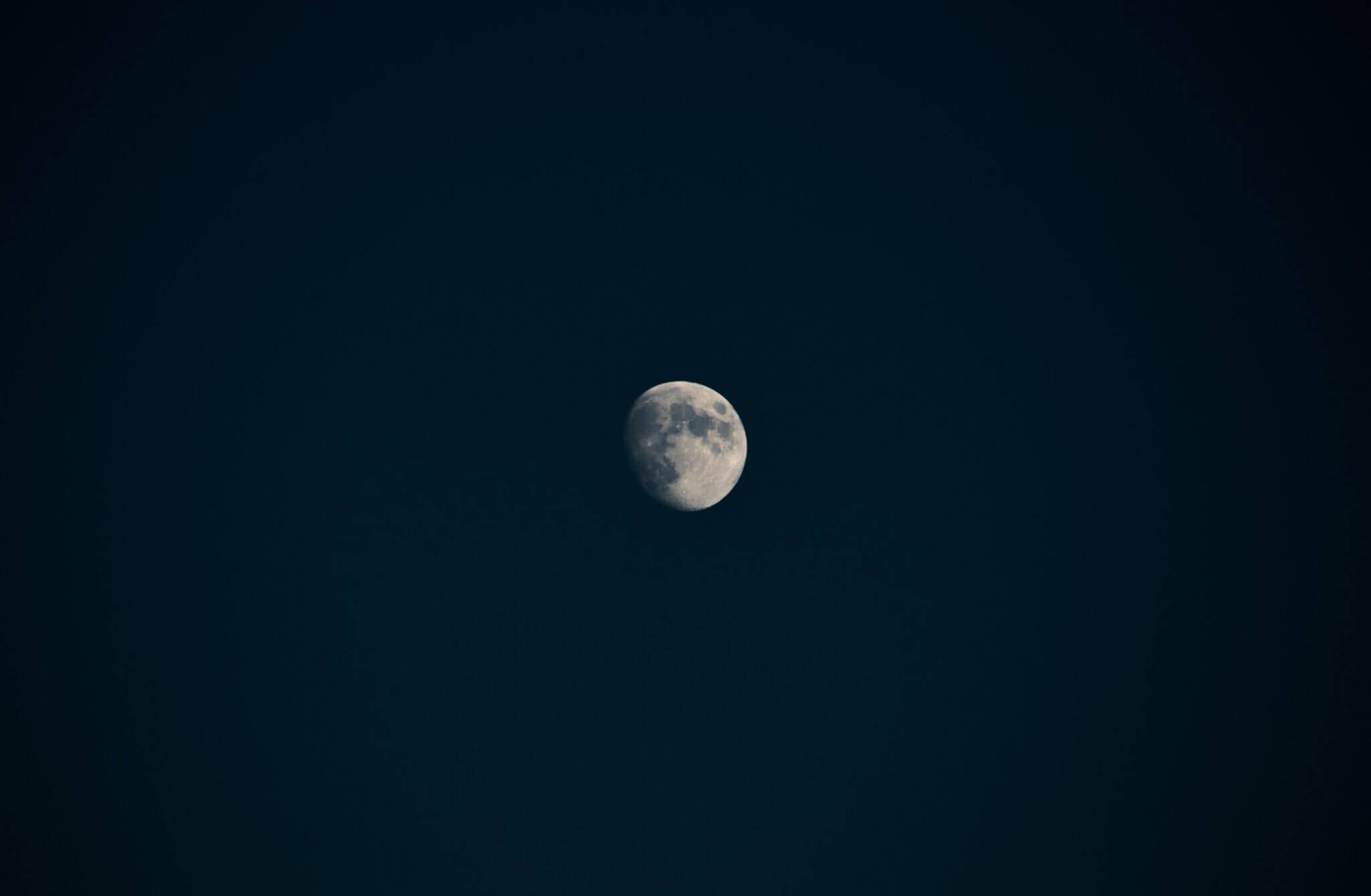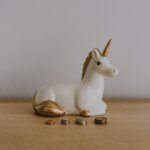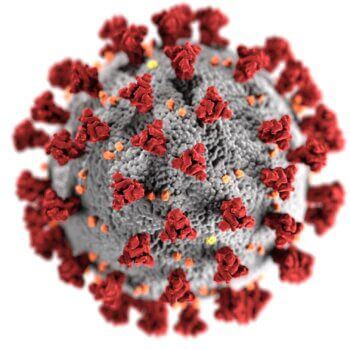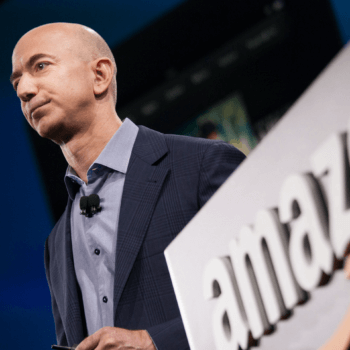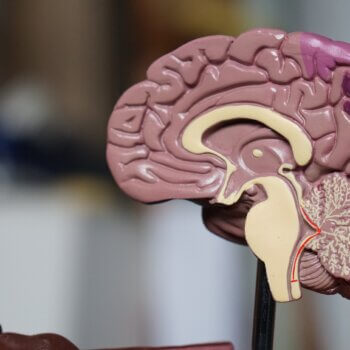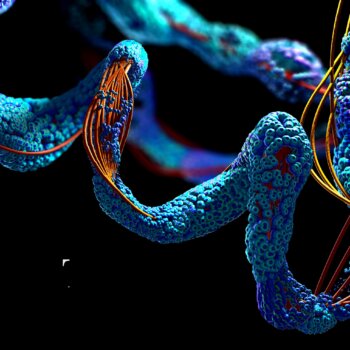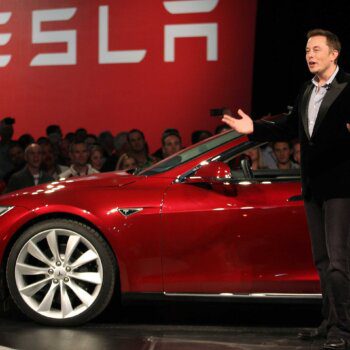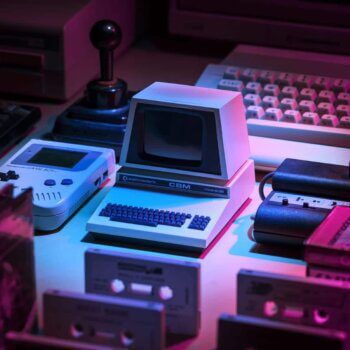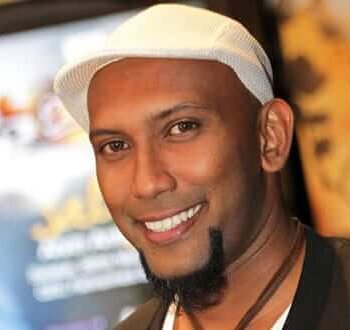We are all guilty of it. When we are left to our own devices, we all, with rare exception, build incredibly complex and fictitious self-narratives, as a lens through which to interpret everything in our worlds. The reason we do this is simple: we have built the world around ego, against which we must now buttress our own, to remain safely ensconced in our blamelessness in the creation of a monster.
We evolved alongside unparalleled survival mechanisms, and there is no prison greater than that of the human mind. In this context, we will do anything to avoid a raw and unvarnished view of our own thoughts and actions — to expose ourselves fully to the tempest of our own checkered pasts, lest it diminish our capacity for moving forward.
Reality is — at times — a real downer.
The Morning Show
The foregoing thoughts were provoked by a remarkable new series launched by Apple’s latest gambit for our attention. It’s called The Morning Show, and features a megawatt cast that includes Jennifer Anniston, Steve Carrell, Reese Witherspoon and Billy Crudup, supported by an equally brilliant but less bold-named group of actors. In it, a high degree of intrigue develops from within a well-oiled media machine whose face to the world is one of the nation’s top news shows.
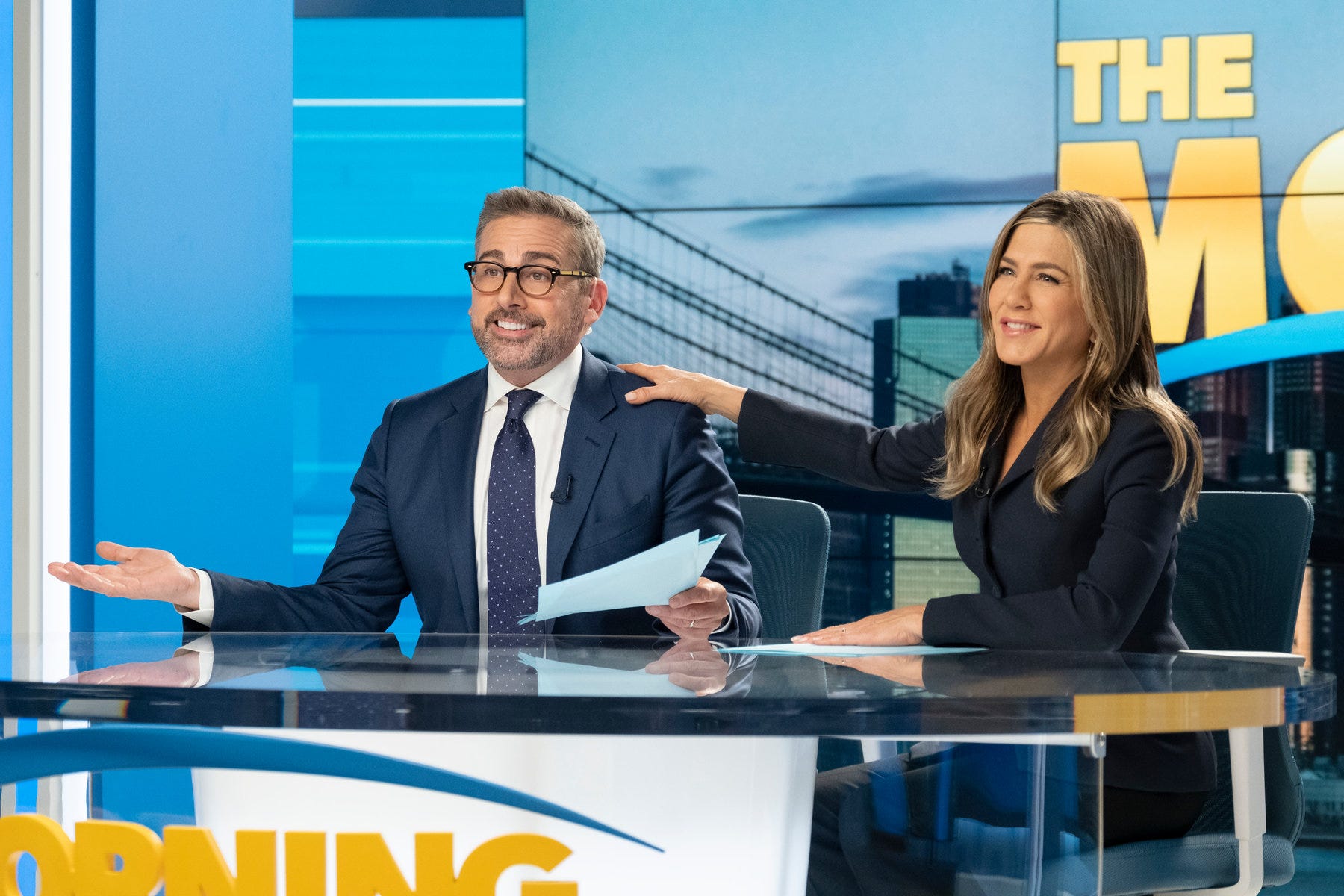
With each episode, the key players’ backstories are unpacked, and with them, a tangled web of complicity in a long-running “Me Too” scandal is revealed.
Beyond ruining the show for anyone who hasn’t yet seen it [you should; it’s great], the reason I bring it up is that it reminded me about how relentless we are in fabricating excuses for our own actions, and in convincing ourselves of our own lies, as exhausting as that is for all of us.
“The victims of my sexual predation really DID “want it”, even if they didn’t quite have the courage to approach me first, or to admit they liked it after my conquests…”
So goes the fallen [male] protagonist’s self-mantra.
“Those engaged in immoral acts around me really AREN’T my problem as long as I keep my head down, since I didn’t actively contribute to the sins of my colleagues…”
So goes the inner monologue of those in the wings, watching from a safe distance.
“I really AM a victim of those in power, against whom I am helpless to stand because I lack the platform to speak truthfully in support of what’s right. If only I had the seniority…”
So goes a second excuse made by those who are “of high moral fiber” — or would be, if only [fill in the blank].
“The justifications others around me are offering ARE right to support, because even though I privately disagree, the price of going against the grain — the potential fallout — just isn’t worth risking everything.”
So goes the third excuse for a do-nothing approach.
“It took me ages to build up the life I have. I’m not going to throw it away just because of someone else’s moral failings. I’m too famous — too known — to be dragged down just because of my complicity. Better for others to take a [false] fall, in the name of preservation for everything I spent a lifetime creating, as a woman.”
So go the mental gymnastics for our [female] protagonist and one-time voluntary romantic partner to our male star, as she helps frame the fall guy, in the name of self-preservation.
The show is one rich, expertly developed set of human failings on display, swirling around something so obviously and clearly wrong, yet about which no one is willing to react ethically, morally or virtuously, for all the same reasons that most of us would do the same — if not in this particular circumstance, then in some other life circumstance.
In short, the show is a metaphor for all of us.
It’s specific frame is the “Me too” movement. But. The actions of the players could — and do — apply to any sphere of activity in which we are personally vested in a particular set of outcomes, in our favor.
Black Lives Matter. LGBTQ+ rights. Me Too. Domestic abuse. Inequality (in earnings, access, employment, presumption of innocence…) Women’s rights. Civil rights. Body rights. The right to self-determination. Politics. History. War. Religion. Marriage. The environment. Gun rights. Self-defense. Affordability. Taxation. Eugenics. Caste, class and other hierarchical systems. Economics. Hell: right and wrong itself! Every single one of these human constructs generates significant debate, heated rhetoric, flaring anger, punitive measures and policies, and too often, deadly violence.
For a human fiction? WTF?!
The things we’ve invented are so abstract that they require us to construct equally creative fictions in order to cope — to live within their worlds. It’s this abstraction that has us twisting reality into knots in an attempt not to end up underneath it all — aka on the losing side of our own complexity.
The only things that are truly innate — that predate our attempt to hammer the world and everything in it into submission — are love, pain, curiosity and connection.
The rest is all bullsh*t we made up… and must now navigate, to make our way in the world we built. And the only way we come up smelling roses is by twisting complexity into a half-believed, half-ignored set of “truths” that are no truer, really, than we make them out to be.
Which we all do.
And yet: we will wrestle one another to the ground defending our personal brand of reality… to the death.
WTF?!
Final Thoughts
So what to take away from this musing? First, cultivate your inner humility. The world we are each fighting for is far more complex than it needs to be. Everything has enforceable rules. Everything has societal norms. Everything is of foundational importance… at least, to those who believe in it.
And everything at odds with our thinking threatens to force us to look closely at everything we’ve spend a lifetime believing, and championing. If we face the ugly truth, very little of it is frankly more consequential than anyone else’s version of the same things.
That’s because we’ve made it all up: ethics, codes of behavior, norms, governing systems, mechanisms of collaboration and sharing, hierarchies, value systems…
Is there one god, hundreds or none? Is monogamy natural, or a perversion? Is marriage about love, or business, or security? Is one’s shade of skin a superficial matter, or is it a measure of one’s humanity? Is money our salvation, or our undoing? Are laws tools of collaboration, or manipulation? Do police exist to ensure our collective safety, or to protect those in power? Do guns save people, or kill them? Are non-binary identities natural, or unnatural? Am I defending myself when I attack someone else, or are they defending themselves from me? Are men more rational, or less thoughtful? Are women more emotional, or less easily sidetracked? Is a life ours to give and take, or the property of a community to adjudicate? Should reports of evil acts be emotionally charged, or emotion-free? Is outrage universal, or circumstantial? Is death a tragedy, or simply a stage of life? Is hope damaging, or healing? Is there really, empirically, such thing as right and wrong? How does one determine what is moral from what is amoral?
Do the bacteria that decay our bodies when we die care about any of this? Meaning, does any of this truly, actually matter?
When my brother was dying, his experience wasn’t dissimilar to others that have been widely published. He said:
“With Death breathing down my neck… the only experience that retained true meaning was giving and receiving love. The rest was but a dance around that central nourishing theme.”
He was an eloquent man. He could’ve simply said, “We’re all full of sh*t.”
And so, to return to my question about the takeaway from this musing, have some humility. Your version of reality is no more than your own. It does not give you a “free pass” from the hard work of doing “the right thing”. And while “the right thing” is — as I’ve uncorked — up to endless interpretation, what isn’t confusing is our core job, on this Earth: to give and receive love.
My brother was right.
If our actions are loving, they are good. If they are anything but, they are destructive, to someone. Meaning, they will generate one or more winners and losers. To this end, my wife drew a picture for our kids a few weeks ago, with a large, all-capital letter word: T.H.I.N.K. Underneath it, an explanation of the acronym. “Before you speak, THINK: Is it True? Helpful? Inspiring? Necessary? Kind?”

If we THINK, then there needn’t be a loser.
Lord knows I flub this one constantly.
But it isn’t a bad way of approaching life. All of the sticky topics I dangled out there could benefit from more THINK-ing. But to get there — to tap into our inner love and aim it outward — we have to start with the humility of knowing that our truths are no more valid than others’; and that our immense gifts for language and complex thinking are what enabled us to reach one another, to collaborate, and to conquer the world. Many scholars believe this is the fundamental reason humans rose to the top of the food chain on Earth, and why other evolutionary experiments in proto-humans didn’t make it.
So, we must turn those giant brains inward, and understand that we are all perpetuators and victims of elaborate fictions. Sometimes, they result in a “Me Too” tragedy. Sometimes, we stone women for doing what men do. Sometimes, we wage war because we fear being attacked, or fear others’ strength may in time diminish our own. Sometimes, we hurt what we don’t understand, because it is easier than spending the time trying to. Sometimes, we don’t want to admit that we don’t know something any more than someone else does, although we spend most of our lives trying to convince others that we do.
Belying the complexity of our stories, U.S. Founding Father John Quincy Adams once said,
“All men profess honesty as long as they can. To believe all men honest would be folly. To believe none so is something worse.”
Two thousand years earlier, Chinese philosopher Zhuangzi said,
“Those who realize their folly are not true fools.”
He was an early advocate of humility.
A thousand years earlier still, Egyptian pharaoh Akhenaten — King Tut’s father — said,
“True wisdom is less presuming than folly. The wise man doubteth often, and changeth his mind; the fool is obstinate, and doubteth not; he knoweth all things but his own ignorance.”
I’ll stop there. The appraisal of our own folly — the lack of adequate humility — has been our undoing as long as we’ve been able to articulate a means of doing so. Nearly every man-made system is borne out of hubris — out of excessive pride or self-confidence. Our interpretations of the world are colored by our desire to navigate it all, to ensure our own survival, and wellbeing.
And yet, there is something more powerful than any self-serving excuse, or lie: it is knowing that we have done the “right thing”, by acting out of love and love alone, in one of its myriad forms. These include empathy, trust, respect, kindness, compassion, truth, communication, tolerance, friendship, cooperation, sharing and inclusion, among countless other “infinite” values. In the infinite, there are no losers. In the infinite, all that remains is truth.

When we tap into this — and we have all experienced it — we somehow feel right. We feel good about ourselves, because underneath all the complexity lies biology. And biologically, we know what it is that lifts us up; and what it is that tears us down.
It is to transcend ego, into the realm of the infinite.
The rest is nothing but a story.
